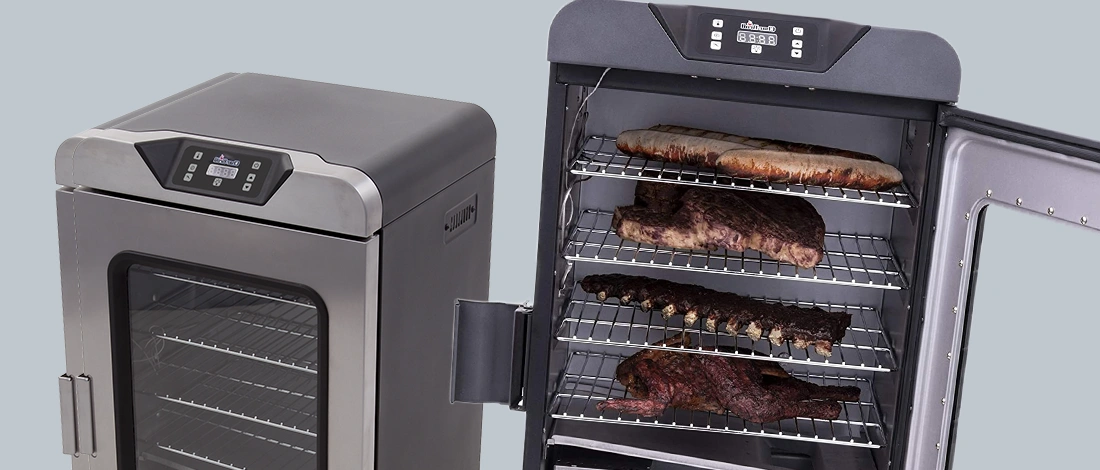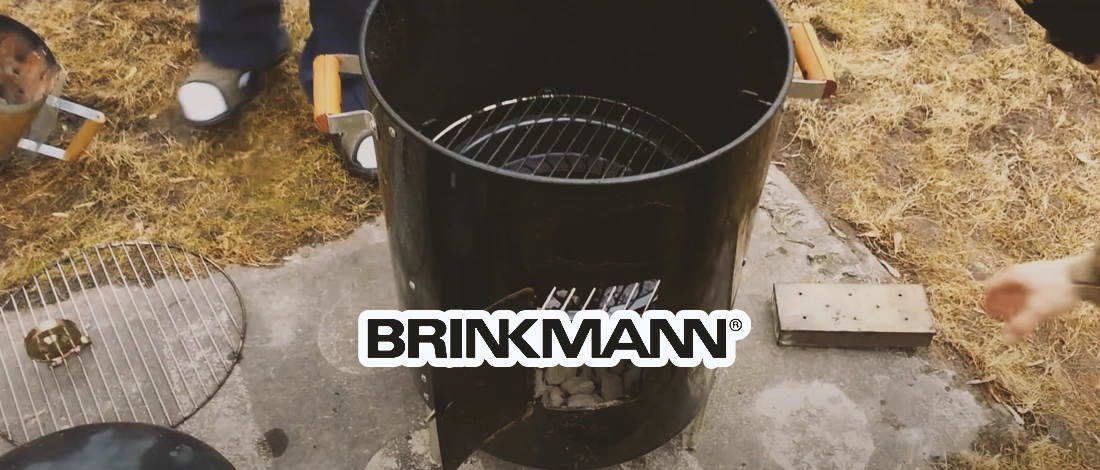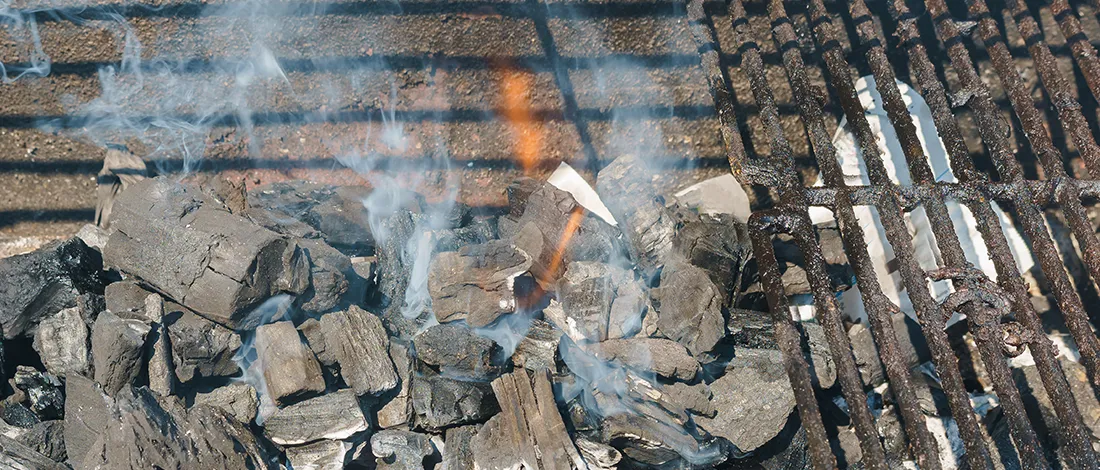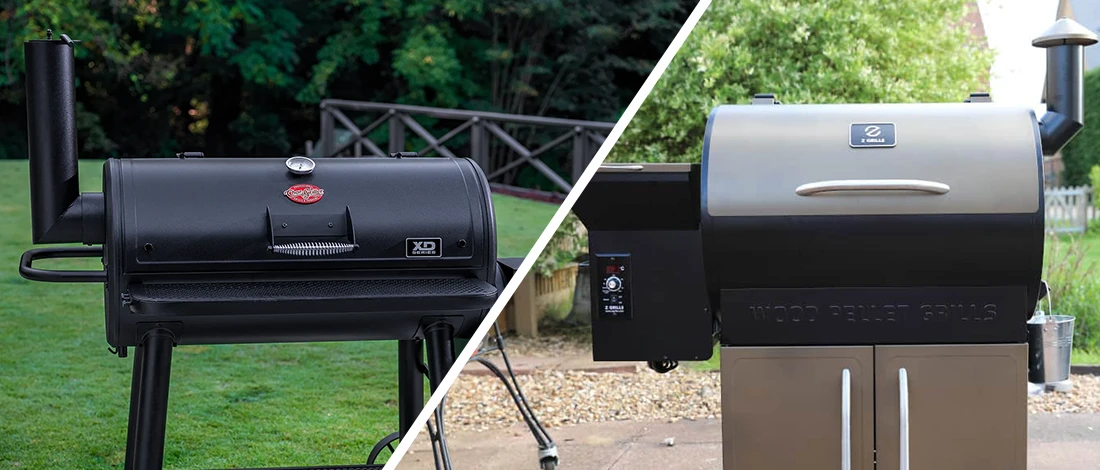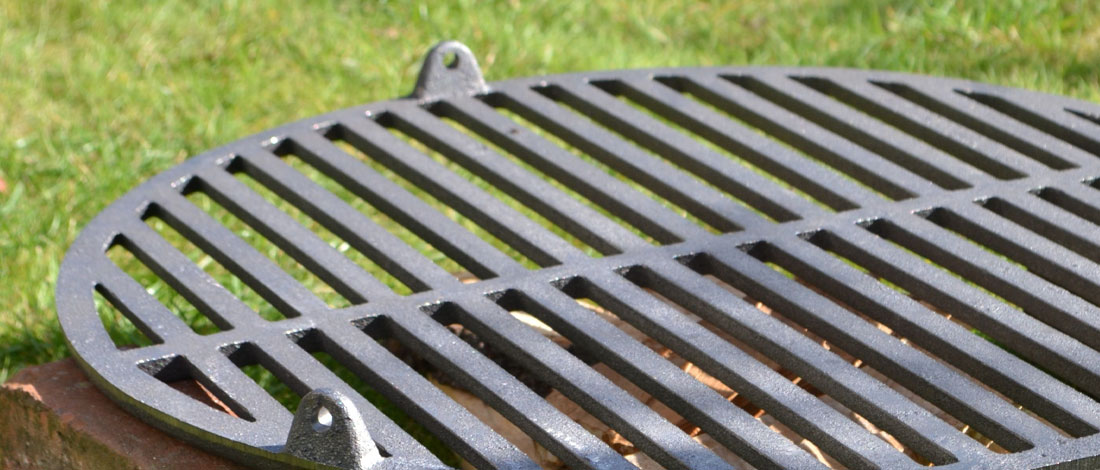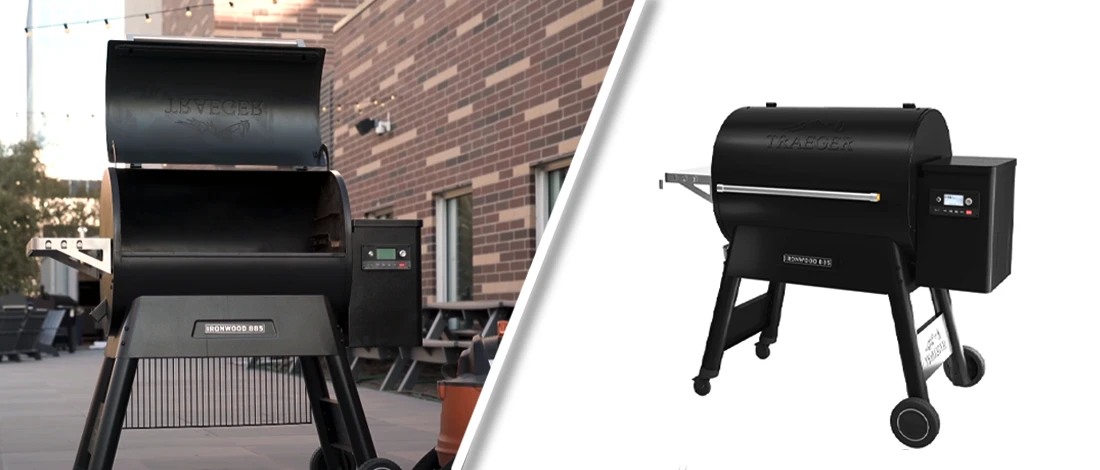Offset smokers are some of my favorite equipment for cooking food. I've used several of them during the decade I've been on a carnivore diet.
I quickly learned that I have to clean and season my offset smoker after each use if I want to smoke quality meat.
Today, I'll share my step-by-step process on how to clean an offset smoker, including why it's important to do it.
Quick Summary
- Cleaning an offset smoker involves five main steps: emptying the firebox, cleaning the cooking chamber, cleaning the heat deflection plates, cleaning the cooking grates, and seasoning the smoker.
- Regular cleaning of the smoker is crucial to prevent fire hazards, rust, and potential allergies caused by food residue.
- Seasoning the smoker after cleaning, which involves applying cooking spray and heating until the grates stop smoking, helps protect it from rust.
Step-By-Step Guide on Cleaning an Offset Smoker

You can clean your smoker the morning after cooking or even a week or two after the last use. This won’t impact the smoker a lot, but the sooner you clean it, the sooner you can use it again.
“With frequent use and proper storage, routine maintenance will keep your smoker in good shape. The better you keep the outside clean and the inside seasoned, the longer it will last and better it will perform.”
- Oklahoma Joe, Leading Smoker Brand
You should also do a deep clean 4 to 5 times a year, especially if you defer maintenance or your smoker’s been sitting unused for a long time.
Note: You shouldn’t clean the cooking chamber too often to avoid disturbing the seasoning process. It includes the protective cover.
1. Empty the Fire Box
The first step in cleaning an offset meat smoker is to empty the firebox.
Remove the grates from the firebox so the remaining ash inside falls to the bottom of the firebox. Use a small brush and sweep the remaining ash inside the ashtray.
If you’re using charcoal or wood, remove them by hand. These large pieces are stubborn parts that can get stuck into the ashtray.
Open the ashtray and empty it. You can tip the ashes into the bin or your garden. Then put it and the grates back in the smoker.
Note: Different kinds of wood produce different amounts of ashes, and you should clean the smoker more often if you’re using charcoal.
2. Clean the Cooking Chamber
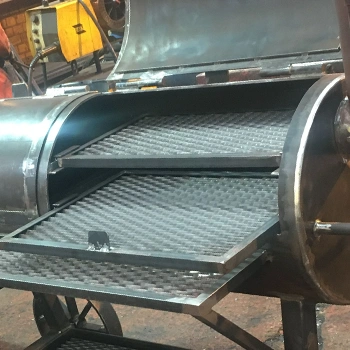
After you’ve removed the ash from the firebox, it’s time to clean the cooking chamber.
First, remove the grates and heat deflection plates so you can access the entire cooking chamber. Then start with the door.
Grab a spatula and scrape the build-up off so it falls to the bottom. If you can, scrape the build-up off deflectors. Or, if there’s only fat, simply wipe it off with a paper towel.
Then it’s time to clean the bottom. This is where grease and fat get stuck when you cook. Use a paper towel to wipe it off.
It’s important to remove the fat and grease, or you risk solidified fat cooking over and overflowing.
Pro tip: Don’t use anything too abrasive on the bottom, or you risk damaging the protective coating.
3. Clean the Heat Deflection Plates
Next, it’s time to clean the heat deflection plates. These don’t require too much work. Once again, you can use a paper towel to wipe down the fat.
If baked food is hard to remove, use a spatula to scrape it off. The food you eat doesn’t touch the heat deflection plates, so they don’t need to be perfectly clean.
4. Clean the Cooking Grates
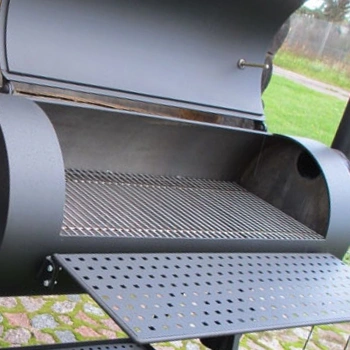
Next up are the cooking grates. Cooking grates are in direct contact with your food, so it’s important to clean them well.
Otherwise, you risk the spread of bacteria, which can contaminate your food.
Most models available nowadays use stainless steel or porcelain/chrome-coated grates. These are easy to clean.
You should have already removed the grates from the smoker, but if not, remove them now. Place them in hot water and let soak.
You can also add a BBQ degreaser to make the process faster.
Once they’re soaked enough (about 5 minutes if you add a degreaser), use a wire brush to scrape the food and grease.
You can also clean the grates as soon as you’re done with the cooking session while the grates are still hot because the heat makes the process easier. Also, use a grill brush to scrape them.
5. Seasoning
Finally, it’s time to season your offset smoker. This will protect it from rust.
All you need is a can or two of cooking spray. The best practice is to spray the outside of the offset meat smoker and the grates in the cooking chamber.
Then start a fire in the firebox. When the grates stop smoking, it means the oil has soaked, and you’re ready to start cooking.
Why Should You Clean an Offset Smoker?

You should clean an offset smoker for several reasons, including fire hazards, rust prevention, and potential allergies rusty offset smokers cause. Here’s why:
- Fire hazard — A dirty smoker can cause a fire. Ash, wood, and food parts can build up over time and choke the smoke and cause a fire.
- Prevent rust — Most smokers are kept outside, where they are exposed to the elements [1]. If you clean and season it regularly, you can prevent your smoker from rusting.
- Allergies — This can be problematic if one of your guests or family members has allergies. For example, if you cook smoke salmon one week and steak the next, and a person is allergic to salmon, they can have a bad reaction.
FAQs
Should I Oil the Outside of My Smoker?
Yes, you should oil the outside of your smoker. This will prevent rust and make the smoking meat process harder.
Can You Use Olive Oil to Season a Smoker?
Yes, you can use olive oil to season a smoker because it has a high burning point [2]. You can also use canola oil.
References:
- https://www.hunker.com/12610549/is-it-harmful-for-rust-to-be-inside-a-smoker
- https://www.masterclass.com/articles/cooking-oils-and-smoke-points-what-to


